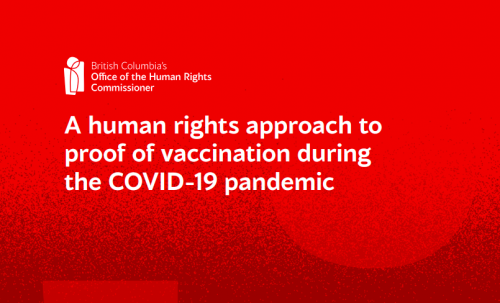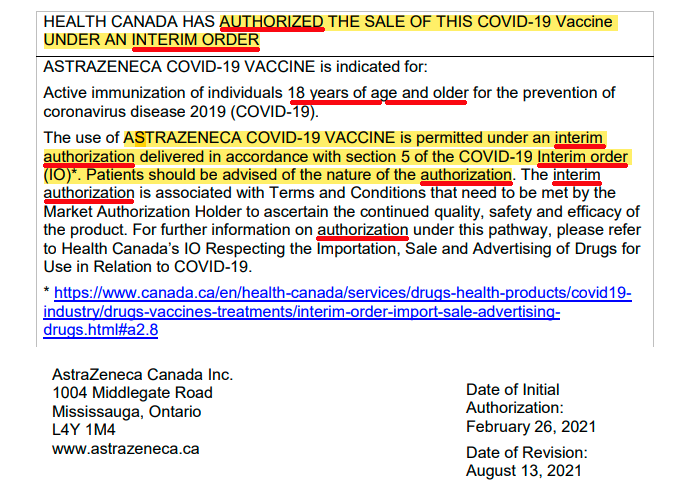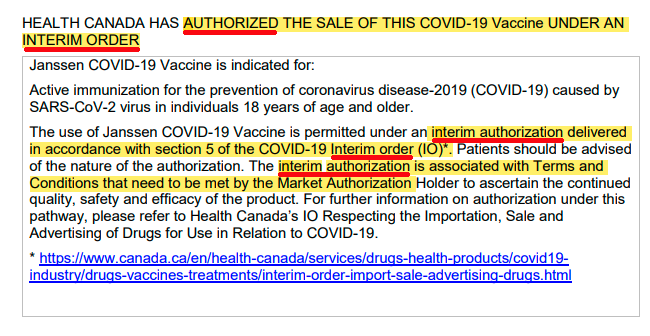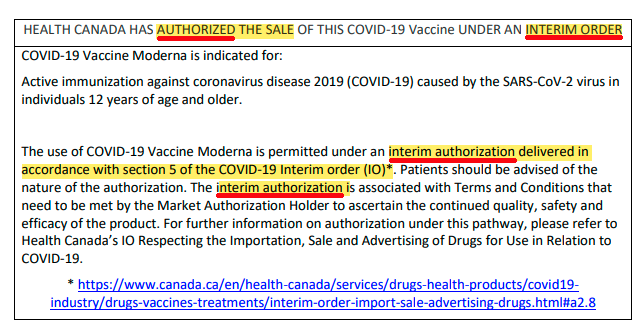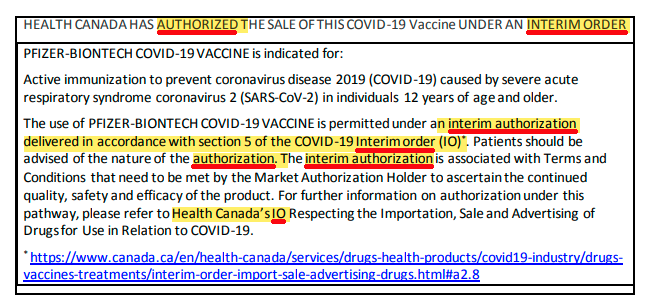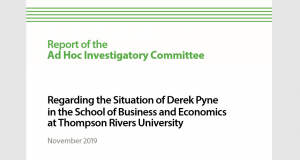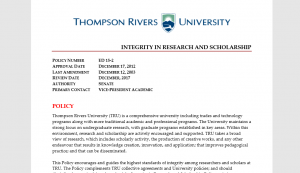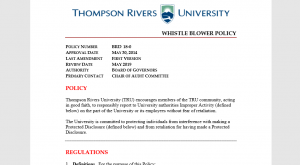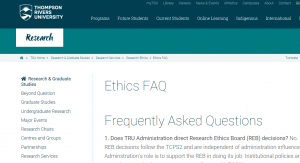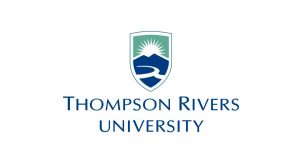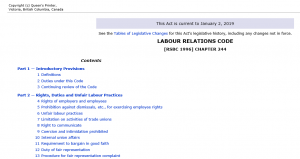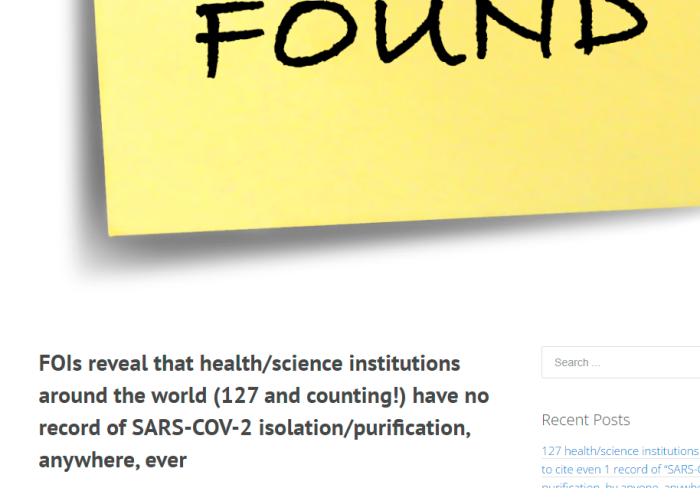
The following is from an interview that was supposed to be published in a European health magazine. There were some translation issues which ultimately prevented its release. Permission has been granted for this printing. In any event, go check out the work by Fluoride Free Peel.
A bit odd how most of the heroes who claim to be fighting this medical tyranny rarely (if ever) mention the fact that this “virus” has never been isolated. This is all based on lies.
(1) Massey Interview Isolation Purification
(2) https://www.fluoridefreepeel.ca/no-fluoride-pregnancy-studies-suggest-safety-re-iq-or-adhd/
(3) https://www.fluoridefreepeel.ca/wp-content/uploads/2013/07/20130705121108426.pdf
(4) https://www.fluoridefreepeel.ca/wp-content/uploads/2013/07/Health-Canada-FOI-Response-Letter-June2014.pdf
(5) https://www.fluoridefreepeel.ca/3424-2/
(6) https://www.fluoridefreepeel.ca/freedom-of-information-reveals-public-health-agency-of-canada-has-no-record-of-sars-cov-2-isolation-performed-by-anyone-anywhere-ever/
(7) https://www.youtube.com/watch?v=Yg5qnmqjWsM&feature=emb_logo
(8) https://www.fluoridefreepeel.ca/template-for-foi-requests/
Before we get into the “SARS-COV-2” discussion, would you like to describe the Freedom of Information responses you have collected in regards to fluoride exposure during pregnancy, and what prompted you to begin that project?
A few years ago I submitted a series of 9 freedom of information requests to find out if public health institutions that promote water fluoridation had any primary studies to show that fluoride exposure is safe during pregnancy with respect to IQ and ADHD symptoms in their offspring. Dentists and public health officials in Canada and the U.S. are always telling us that water fluoridation is “safe and effective for everyone” and they call it a “great public health achievement”. But it turned out that they had no studies whatsoever.
I had focused on those particular outcomes because I was aware, thanks to the efforts of the wider community, that a large body of evidence had accumulated suggesting that fluoride is neurotoxic at high enough doses, and some high quality government-funded studies had recently showed that common fluoride exposure levels during pregnancy are associated with lower IQs and increased ADHD symptoms in offspring.
Many people aren’t aware, but there is currently a lawsuit underway against the U.S. EPA over their failure to regulate drinking water fluoride levels in a manner protective of neurological health. And this is only one of many concerns.
It had also come to light that the chemical typically used to fluoridate water here is actually an industrial hazardous waste acid that is contaminated, for example with arsenic and lead, and had never been subjected to long-term toxicology studies. We also knew that, after many decades of the practice, fluoridated water had still never been tested for effectiveness in humans via double-blind randomized controlled experiments. Health Canada’s 2014 FOI response to Ms. Joanne David confirmed those facts.
It is easy to prove using grade-school math that so-called “optimally fluoridated” water delivers contra-indicated doses of fluoride to children every single day (see slides 6 and 10 here). In every 350 ml glass of water a child receives the same amount of fluoride that all of the dental and public health authorities insist should be spit out, not swallowed, when brushing their teeth with the recommended amount of fluoridated toothpaste. Most dentists are completely unaware of this simple truth.
Despite the simplicity of this truth, even Medical Officers of Health sometimes try to dispute it, because they get paid massive salaries to push the government’s health agendas. I presented the simple math multiple times to the municipal council where I used to live. But only 1 sensible Councillor cared, the rest didn’t and they continued with the practice. It was like talking to a brick wall. And I wasn’t the only one trying to reason with them and showing them evidence of harm, many other people were doing the same thing.
What is your academic background?
I have a master’s degree in biostatistics from Dalla Lana School of Public Health, University of Toronto. I used to work as a statistician with cancer researchers.
Some might claim that because you are not an expert on fluoride toxicity, or a virologist, your input is of no value on either topic. How would you respond to that?
No one needs a special background to grasp the grade-school math mentioned above, or the lack of randomized controlled studies to prove the alleged effectiveness of fluoridated water, or the lack of toxicology studies on the chemical, or to notice the blatant double-standard that is applied by the public health community and dentists.
If you show them a study that suggests ineffectiveness or harm to humans, they will dismiss it because it’s not a controlled experiment and they will go through it with a fine-tooth comb to point out weaknesses. What they won’t tell you is that they have zero controlled human experiments to prove effectiveness or safety, and that they rely solely on observational studies of equal or lesser quality when insisting the practice is safe and effective.
While they claim it would be unethical to carry out a controlled experiment on humans who give voluntary, informed consent to investigate potential harm, they insist it’s a “great public health achievement” to force an uncontrolled experiment without voluntary or informed consent onto entire communities.
Anyone can see the contradiction, and it applies to other health practices as well – for example not testing a drug on pregnant, consenting volunteers, but then marketing and administering that same drug to pregnant women, insisting that It’s safe and effective.
With regards to the isolation/purification of the theoretical “COVID-19 virus”, it’s as simple as recognizing the difference between mixing things together and separating things apart, and realizing that no one on the planet has a purified sample of the alleged virus. It’s not rocket science – anyone willing to invest a little time can understand it.
We have every right to question and dispute the so-called experts, and it’s important that we do, especially when it comes to things that directly impact our lives. Experts often don’t agree among themselves and have been wrong on many things throughout history. And some so-called experts (i.e. public health officials) are in fact not expert on a given public health topic. So it’s very dangerous for people to think that they should not investigate and should not feel free to question anything that does not make sense to them, and to demand answers if need be.
Right now our world is being turned upside down over claims that are quite easy to disprove. The truth is that no one has a purified sample of the alleged virus, and thus there are zero validated tests and zero “confirmed cases”.
How did you become aware of the “virus” isolation/purification issue?
Nothing about the “COVID-19” story made sense from the beginning, starting with the blind acceptance by media and governments that a deadly new virus was responsible for respiratory disease in heavily polluted Wuhan.
Also the numbers didn’t make sense here in Ontario when they put us into lockdown for the first time. And I simply could not take seriously the notion that the same governments in Canada and the U.S. that unlawfully mass medicate and experiment on the public with fluoride were suddenly taking extraordinary steps to protect us. They kept saying that they were doing it “out of an abundance of caution”. But they had demonstrated zero caution or credibility when it came to fluoridation, so it was completely contradictory to their usual behaviour.
Then I heard that they were using PCR tests to diagnose people, and I recalled hearing about those same tests from the great investigative journalist Jon Rappoport over the years. He had reported that they were highly problematic for diagnosing other alleged viral diseases.
So I started looking for more detailed information about the PCR tests, and in doing so came across the brilliant work of Canada’s David Crowe, and later the equally brilliant Dr. Andrew Kaufman, Dr. Thomas Cowan and Dr. Stefan Lanka, and eventually others as well. They were all pointing out flaws in the story of the alleged virus itself. So I studied their work, and started looking at the “isolation” studies for myself, which confirmed what these gentlemen were describing.
And what gave you the idea of requesting freedom of information responses from governments and institutions?
I had found the FOIs a very simple and effective tool for exposing the absence of safety studies at institutions that promote fluoridated water during pregnancy, and realized FOIs could be useful again to investigate whether the alleged virus had in fact been isolated/purified.
Please describe your initial steps, the wording of your requests, and the first response or 2 that you received.
My first request was submitted on May 14, 2020 to Health Canada. (Some people have claimed that Health Canada is not an appropriate institution to have submitted this request to, but I disagree because Health Canada is the Canadian institution that has approved all of the “COVID-19” test kits, clinical trials, injections and other drugs and devices.)
I was very careful with the wording because I wanted to weed out the fraudulent “isolation” studies where nothing is actually isolated/purified, but not make it so restrictive that it also weeded out any potential legitimate studies.
The request was for: “all records describing the isolation of a SARS-COV-2 virus, directly from a sample taken from a diseased patient, where the patient sample was not first combined with any other source of genetic material”.
I stressed that I meant “isolation” in the “every-day sense of the word: the act of separating a thing(s) from everything else” and that I was “not requesting records where “isolation of SARS-COV-2” refers instead to the culturing of something, or the performance of an amplification test (i.e. a PCR test), or the sequencing of something”.
And I clarified that my request was to include any such record that had been downloaded to a computer, or printed in hard copy, etc. In other words, any record authored by anyone, anywhere, that was held by Health Canada. And I requested citations for any such record that might already be available to the public elsewhere, since publicly available records are not covered by the FOI legislation.
On June 11th, 2020 an Access to Information analyst advised me that Health Canada would not typically evaluate the type of information I had requested and that “Information on virus isolation would be best obtained from the Public Health Agency of Canada or the National Research Council.”
On June 23rd, 2020 the same analyst advised that Health Canada’s role is only to review evidence provided by sponsors in order to make regulatory decisions to approve products and authorize clinical trials, and that I might wish to contact the sponsors of clinical trials and/or companies in order to get the information I was seeking.
Health Canada’s final response came on June 24, 2020 and it stated: “Having completed a thorough search, we regret to inform you that we were unable to locate any records responsive to your request.” So I posted the response on my website, shared it on social media and sent it to my municipal Council.
On July 14, 2020, the National Research Council of Canada provided their stating that “a thorough search of NRC’s records has now been completed, and we regret to inform you that no records responsive to your request were identified”.
On December 7, 2020, the Public Health Agency of Canada (which includes Canada’s only “biosafety level 4” laboratory, the National Microbiology Laboratory) responded and provided me with 1 study and several emails that they claimed were responsive, but none of the records described isolation/purification of the alleged virus from a patient sample or from anything else.
In a revised response to that same request, the Public Health Agency of Canada admitted that they had no responsive records and stated that the gold standard used to determine the presence of intact virus in patient samples is visible cytopathic effects on cells in a cell culture.
Further, the Agency said that in the case of SARS-COV-2 “isolation” kidney cells extracted from an African green monkey (“Vero cells”) “combined with minimal essential medium (MEM) were used because they are essential to support viral replication and cell growth”, and that “PCR further confirms that intact virus is present”. But of course culturing has nothing to do with isolating/purifying anything, and PCR tests do not even attempt detect alleged viruses or even alleged genomes.
What did you make of these responses?
It was clear that the top health institutions in Canada had no evidence that the alleged virus had ever been isolated/purified, and thus no proof that “it” even exists. I realized that this was important evidence that could help to open people’s eyes and possibly be used in court, so yes, I kept submitting requests to more and more institutions in Canada, including at the provincial and municipal levels.
As of today (November 1, 2021), your website lists responses from 127 institutions in over 25 countries. How did you amass such an enormous collection from around the world?
Eventually a gentleman from New Zealand contacted me and asked if I would mind him using the same wording in requests in his country. Of course I welcomed this, and this gentleman ended up submitting and receiving responses to many requests in New Zealand, Australia, the U.S. So I posted his responses on my website as well, to help publicize them and make it easier for people to find all of the isolation/purification FOI responses. (He went on to do many other initiatives on this issue as well, including a 59 second video that explains the irrational, unscientific version of “isolation” used in virology.)
Gradually more and more people got in touch with me, sending in the FOI responses they had received, and in some cases court documents, and all of them were added to the collection. I’m aware of responses from additional institutions that I don’t have copies of yet, as well.
To this day, no institution has provided or cited even 1 record of the alleged “COVID-19 virus” (or any other alleged virus, that I’m aware of) having been isolated/purified from even 1 patient sample on the planet.
There is an FOI Request Template on my website where I encourage people to submit requests to the institutions where they live.
What are the implications of the fact that no one has any record of the alleged virus having been purified from patient samples?
Politicians who have engaged in fear-mongering, terrorized, manipulated and coerced the public, misused public resources, sabotaged businesses and economies, passed fraud-based “laws” and regulations, gave so-called “emergency” powers to lying public health officials, and issued threats, “mandates”, and all manner of financial and psychological abuse are all responsible for their actions.
Purification is just 1 essential (but not sufficient) step in proving the existence of an alleged virus. And it needs to have been carried out on many patient samples, not just 1 or a few. And the steps of purifying and following up with the other necessary steps with the purified sample (characterization, sequencing and controlled experiments) should have been carried out by multiple research teams in order to replicate and verify the results. Instead, to this day, no one on the planet has performed even the purification step, from even 1 patient sample.
So it is 100% clear that these politicians all failed to demand proof that the alleged virus even exists, let alone proof of a pandemic. And on top of that they failed to respect God-given rights and freedoms and to uphold higher laws, and they have caused vast amounts of needless suffering and misery. They have participated in a global fraud and crimes against humanity, and they are responsible along with all the other complicit parties (virologists, public health officials, etc).
Despite all of the evidence to the contrary, institutions around the world still insist that the alleged “SARS-CoV-2” has been isolated. What do you say to that?
The FOI collection includes responses from numerous intuitions that had claimed to have “isolated the virus”, for example:
- University of Toronto (Canada)
- McMaster University (Canada)
- Mount Sinai Hospital (Canada)
- Sunnybrook Health Sciences Centre (Canada)
- Vaccine and Infectious Disease Organization – International Vaccine Centre (Canada)
- U.S. Centers for Disease Control and Prevention
- University of Otago (New Zealand)
- Peter Doherty Institute (Australia)
- Indian Council of Medical Research
- National Institute of Infectious Diseases “Lazzaro Spallanzani” (Italy)
The Methods sections of the so-called “virus isolation” studies, and FOI responses from many institutions, make it clear that “SARS-COV-2 isolation” to a virologist means “culturing” a patient sample in monkey kidney cells (aka “Vero” cells), fetal bovine serum and toxic drugs, reducing the nutrition to the cells, and then irrationally and unscientifically blaming the alleged “virus” for whatever harm (“cytopathic effects”) they observe in the monkey cells. It’s all wild speculation and outlandish assumptions.
They usually don’t bother with any sort of controls, and in the studies where they do refer to “control” cells, they fail to describe exactly what they did to those cells.
A colleague of mine had an email conversation with a Chinese virologist involved in one of these papers, and this virologist admitted that they gave the experimental cells double the amount of toxic drugs that they gave their so-called “controls”. This was only 1 of the many problems with their paper.
And, we know there could not have been full control in any of the allegedly “controlled” experiments because full control would require everything to be the same in both the experimental and control groups except for the 1 factor that is being investigated – in this case the alleged virus. Since no one has a purified sample of the alleged virus, no experiment could have been fully controlled.
What myself and many other people have come to realize during the last 1.5 years is that virology is simply not a science. The faulty “virus isolation” methods applied during this virus-less “pandemic” are not even unique to “COVID-19”, they are typical.
Others, such as Germany’s Dr. Stefan Lanka, had already known of these problems for years or even decades. Now it is time for the entire world to come to this knowledge, so that we are never duped or coerced again into another faux “vaccine” or any other sort of “virus” manipulation.

